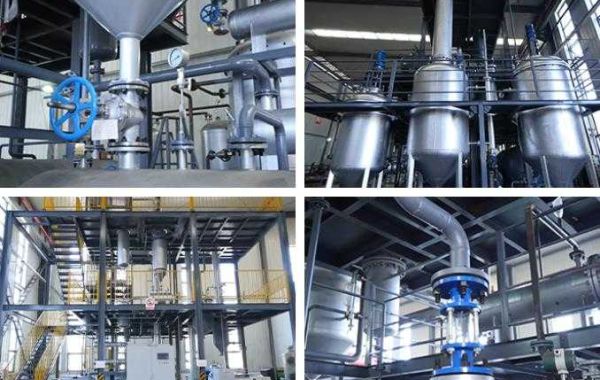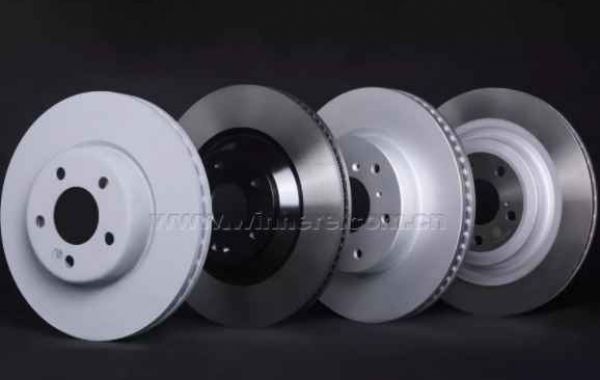Recycling it not only reduces environmental impact but also conserves virgin crude oil, a finite resource. However, the traditional methods of re-refining used oil have limitations. This is where advanced refining techniques come in, pushing the boundaries of what's possible and paving the way for a more sustainable future.
Stepping Beyond Simple Distillation
Traditional re-refining relies heavily on vacuum distillation, which removes contaminants based on their boiling points. While effective, it can leave behind certain impurities and may not fully restore the oil's original properties.
Advanced Techniques Take Center Stage
- Hydrotreating:This process utilizes hydrogen and a catalyst to break down complex molecules and remove sulfur, nitrogen, and other harmful elements, resulting in cleaner and more stable base oil.
- Solvent Extraction: Selective solvents are used to target specific contaminants, like heavy metals and ash, that might escape distillation. This provides a high level of purity and allows for tailored base oil grades.
- Membrane Separation:This emerging technology uses specialized membranes to separate different oil components based on size and polarity. It offers high efficiency and minimal energy consumption, making it an eco-friendly option.
- Catalytic Cracking:This technique breaks down large hydrocarbon molecules into smaller, more valuable ones, potentially creating additional products like gasoline or diesel.
Benefits of Advanced Techniques
Higher Quality Base Oil: These techniques produce base oil with improved performance characteristics, closer to virgin oil in quality, making it suitable for demanding applications.
Reduced Environmental Impact: By removing more impurities and utilizing cleaner processes, advanced techniques minimize environmental burden compared to traditional methods.
Increased Resource Recovery: More of the used oil can be converted into valuable products, reducing reliance on virgin crude and promoting circularity.
Challenges and the Future
While promising, these advanced techniques face challenges like higher costs and complex infrastructure requirements. Continued research and development are crucial to overcome these hurdles and make them more accessible and cost-effective. Additionally, regulations and policies need to evolve to incentivize and support the adoption of these innovative solutions.
Conclusion
Advanced refining techniques offer a glimpse into a future where used motor oil is not just recycled, but truly transformed into a valuable resource. By embracing these innovations, we can move towards a more sustainable and responsible approach to managing this essential material, contributing to a cleaner planet and a more secure future.








